Our History
A Look at Wegner Through the Years
Reflecting on Our Remarkable Journey
From humble beginnings to the thriving firm we are today, our timeline showcases the milestones, innovations, and dedicated professionals who have shaped our legacy. As we honor the past and embrace the exciting possibilities that lie ahead, we look forward to many more years of growth and success.
For 75 remarkable years, we’ve had the privilege of serving our valued clients and collaborating with our dedicated employees. This significant milestone wouldn’t have been possible without your unwavering support and trust in our expertise. We extend our deepest gratitude to each and every one of you who has contributed to our success. Here’s to many more years of growth and shared achievements!
The Dawn of Modern Accounting
The 1960s was a transformative decade for public accounting and the world at large. During this decade, the American Institute of Certified Public Accountants (AICPA) continued to influence the profession significantly, including issuing Statements on Auditing Procedure that guided audit practices. This era was also marked by the space race, the Civil Rights Movement, and cultural revolutions exemplified by events like Woodstock and the Beatles’ rise to fame.
Doors Open
Robert E. Wegner started the firm in Madison, Wisconsin, in October 1949 as a sole proprietorship. He founded the firm on personal relationships and putting client needs above all.
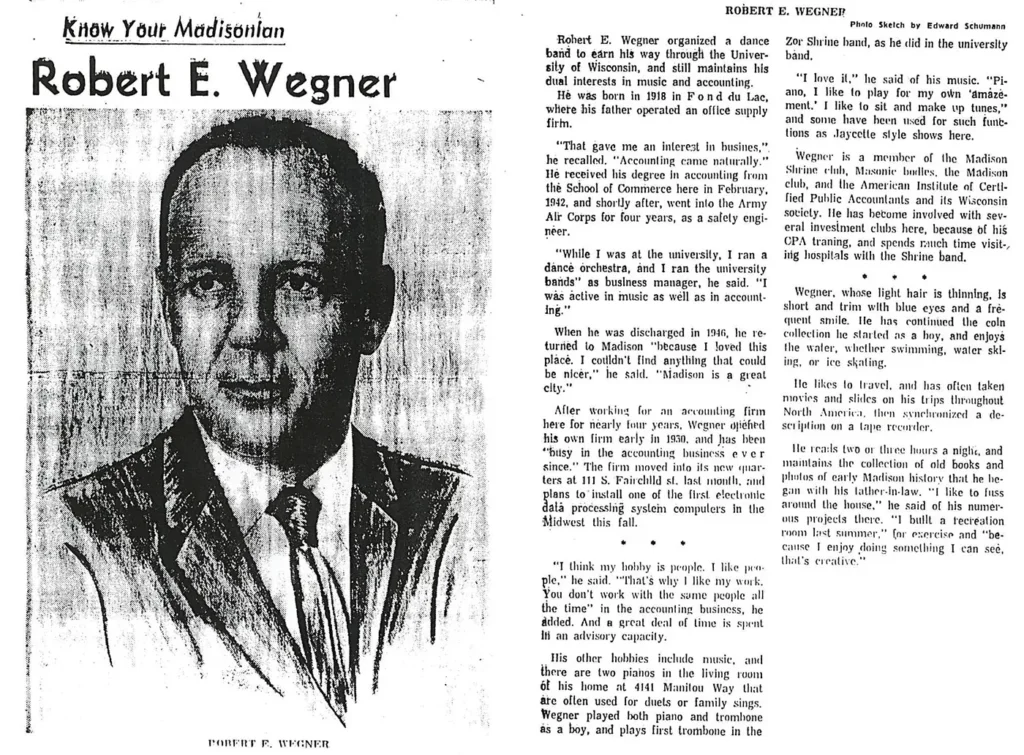
First Applicant
Ed Wojtal applies to work at Wegner CPAs and is hired.
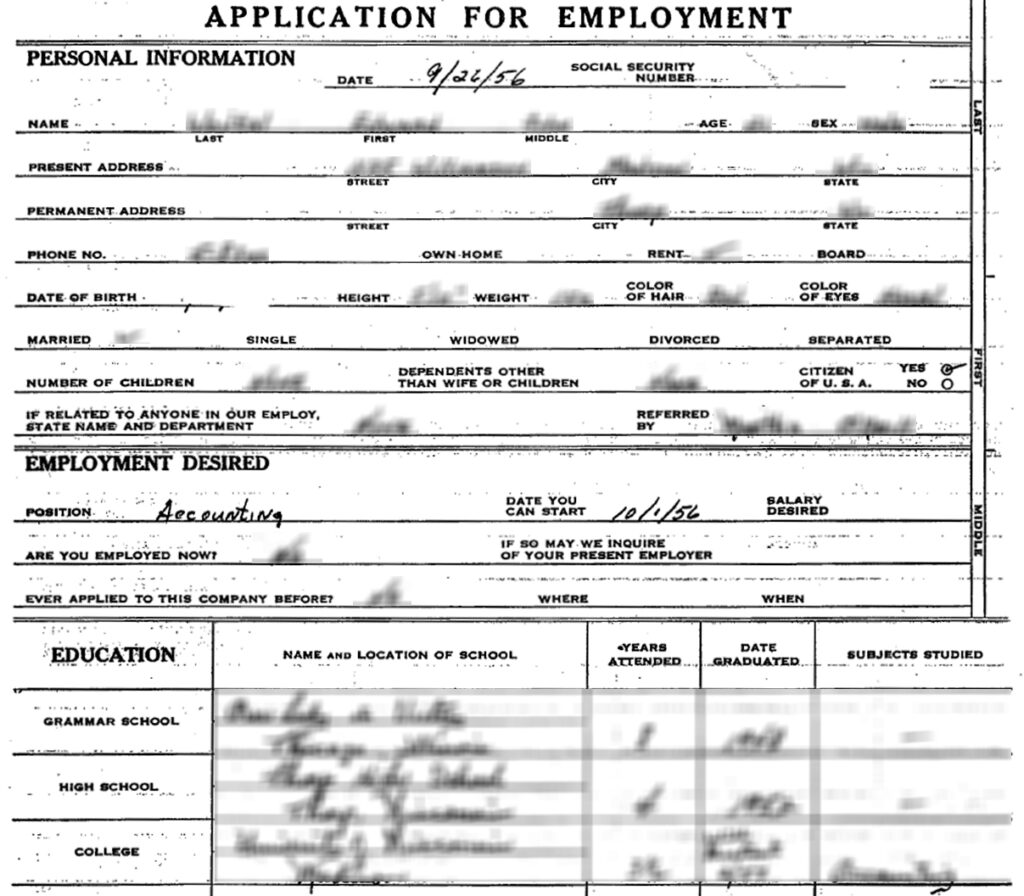
Expanding Horizons
The 1960s was a transformative decade for public accounting and the world at large. During this decade, the American Institute of Certified Public Accountants (AICPA) continued to influence the profession significantly, including issuing Statements on Auditing Procedure that guided audit practices. This era was also marked by the space race, the Civil Rights Movement, and cultural revolutions exemplified by events like Woodstock and the Beatles’ rise to fame.
Robert E. Wegner and Associates
The Robert E. Wegner and Associates partnership was formed by Robert E. Wegner and Edward J. Wojtal.
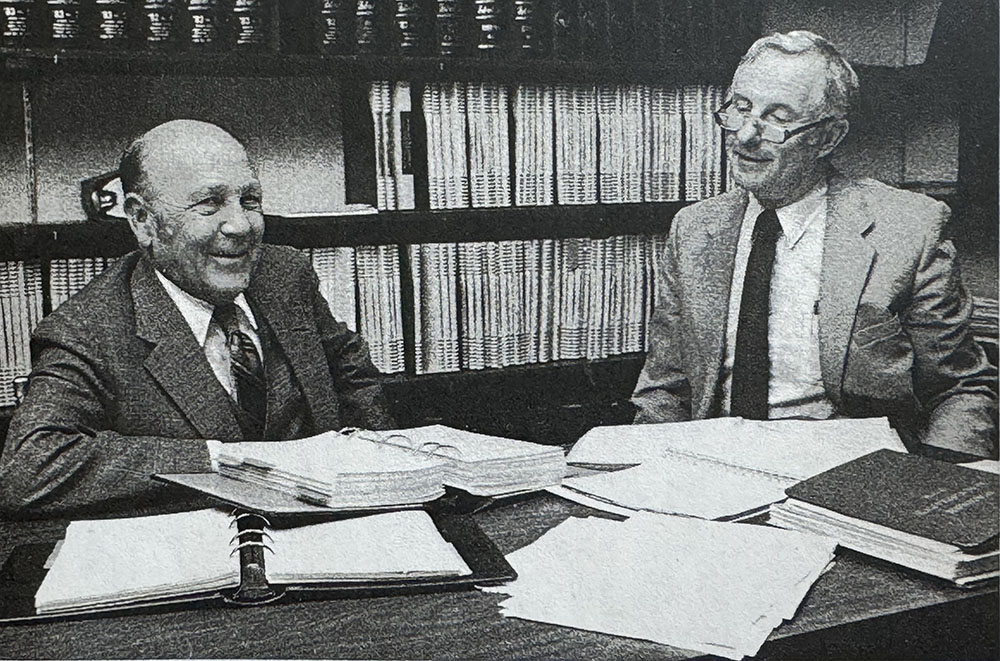
Schlimgen joins partnership
Gilbert W. Schlimgen became a Partner in 1963.
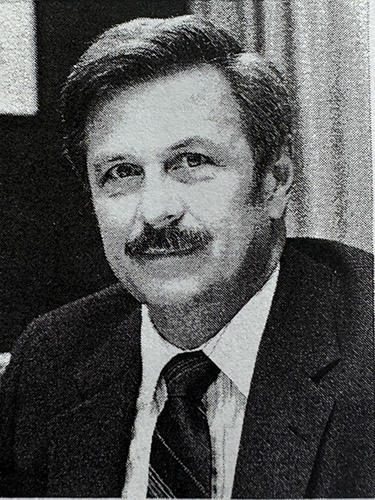
Technological Advancements
The 1970s continued the trend of technological advancements and regulatory changes in public accounting. The Financial Accounting Standards Board (FASB) was established, and the introduction of the first spreadsheet software, VisiCalc, revolutionized data analysis. This decade also saw significant global events such as the oil crisis, the Watergate scandal, and the rise of personal computing, while pop culture milestones included the release of “Star Wars” and the rise of disco music.
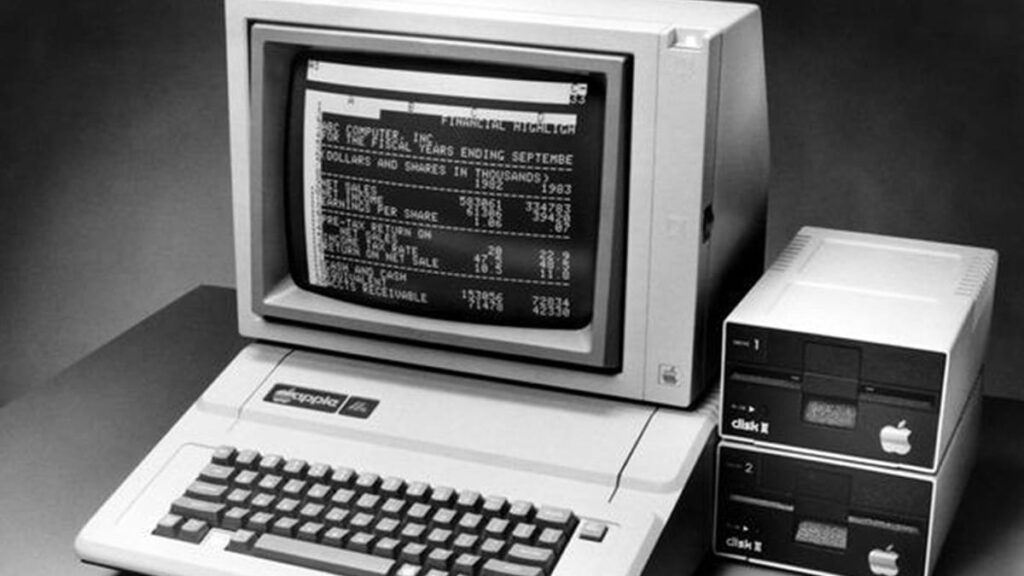
Launch of Visicalc
The launch of VisiCalc, the first spreadsheet software, transformed data analysis and financial modeling. It allowed accountants to perform complex calculations and data manipulation more efficiently.
A Decade of Regulation and Innovation
The 1980s brought significant regulatory and technological changes to public accounting. The adoption of Generally Accepted Accounting Principles (GAAP) and the establishment of the Governmental Accounting Standards Board (GASB) improved financial reporting standards. The introduction of personal computers in accounting firms greatly increased productivity. The decade was marked by technological breakthroughs such as the introduction of the World Wide Web and significant cultural moments like the release of “Ghostbusters” and the fall of the Berlin Wall.
Logo Evolution
Wegner & Associates Certified Public Accountants Logo
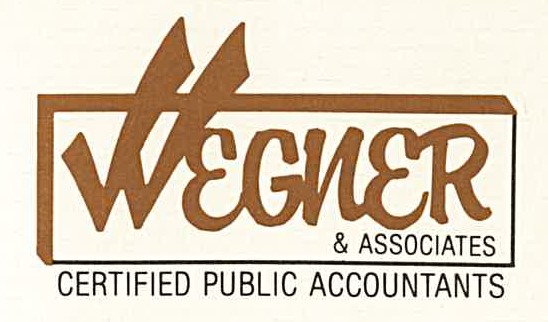
Rick Welsch Named Managing Partner
Rick Welsch joined the partnership in 1983 and served as managing partner from 1988 until the fall of 2002.
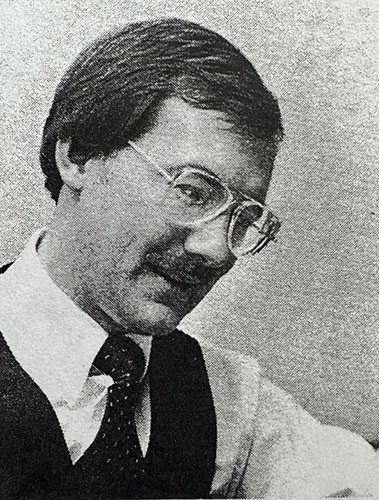
First Personal Computers
Personal computers in accounting firms were widely adopted, and the IRS introduced electronic filing of tax returns.
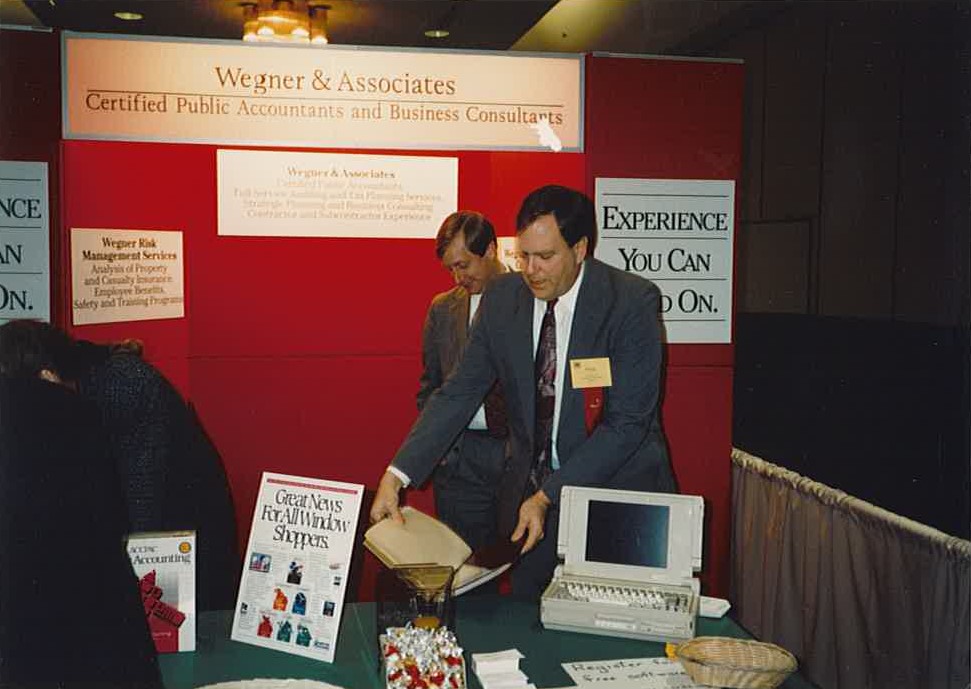
Muehl & LaFreniere Merger
In 1986 two more partners were added when the accounting firm of Dave Muehl and Greg LaFreniere merged with Wegner and Associates.
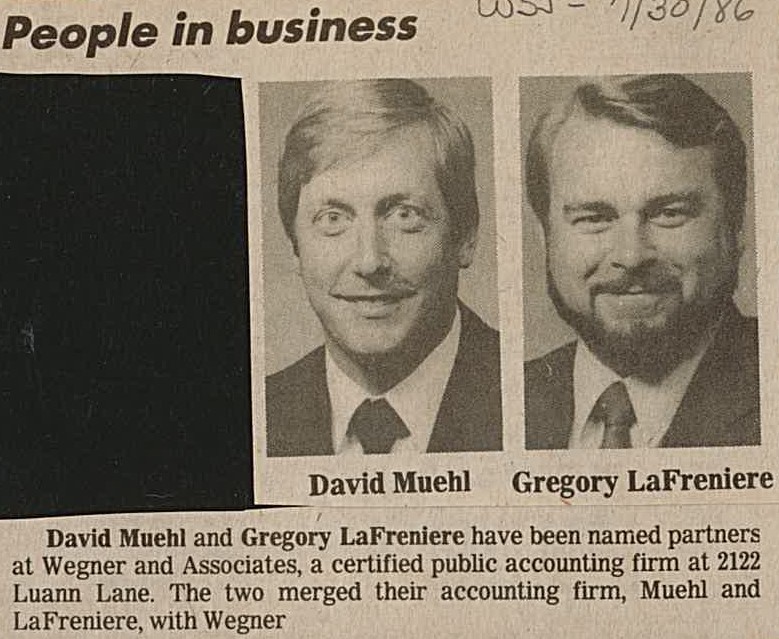
The Digital Revolution
The 1990s were defined by the digital revolution and increased globalization, significantly impacting public accounting. The widespread adoption of commercial accounting software like QuickBooks and Peachtree streamlined financial processes. The Statement of Financial Accounting Standards (SFAS) continued to evolve, improving the quality of financial reporting. The rise of the internet and the founding of companies like Google transformed the business landscape. In pop culture, the decade saw the release of iconic films like “Jurassic Park” and “The Matrix,” and the popularity of the Harry Potter series.
Advertisement
Wegner & Associates advertisement featuring Muehl, LaFreniere, Haumersen, and Welsch.
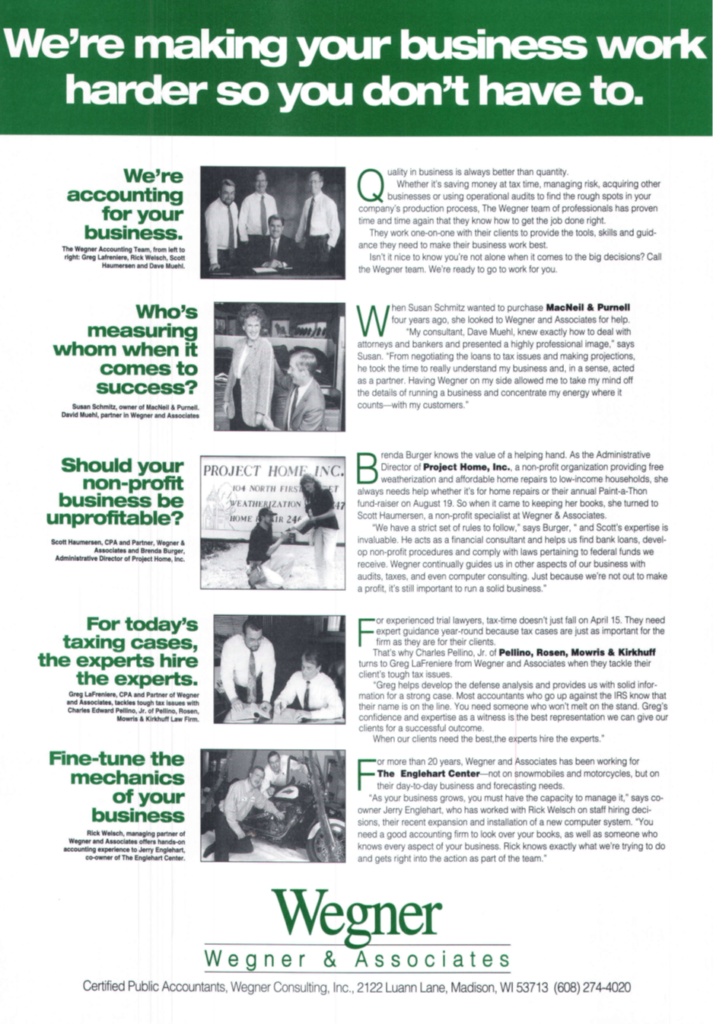
Breaking Ground in Madison
Wegner CPAs begins construction for the new Madison headquarters building on Luann Lane.

Madison Office
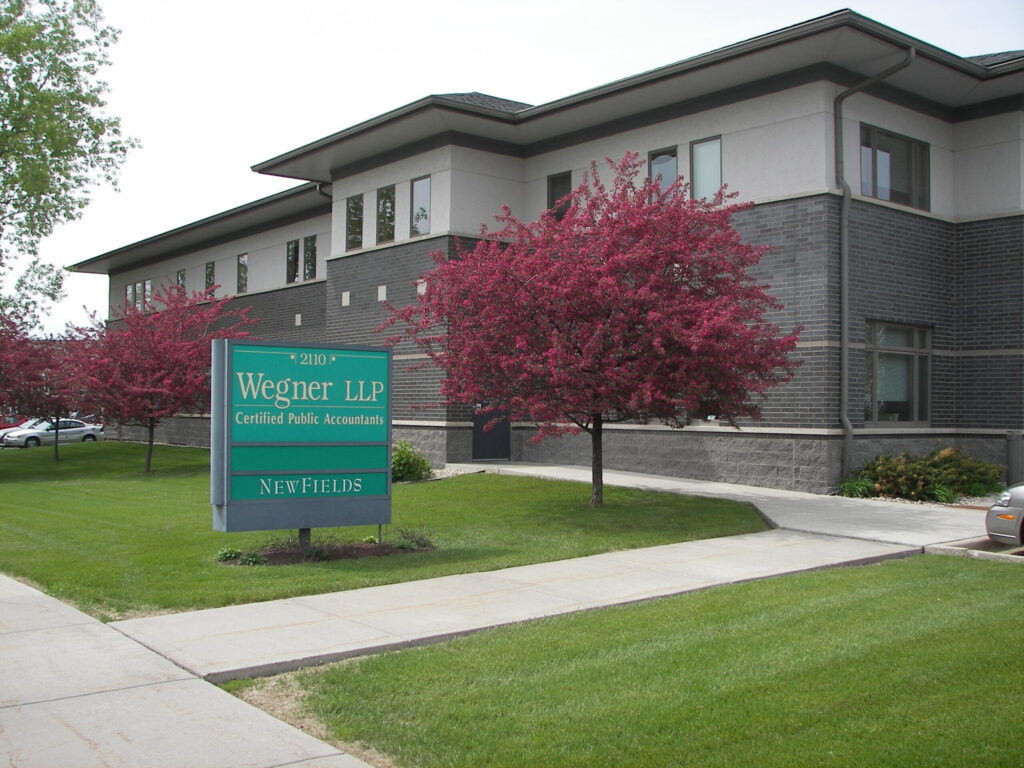
Fishkan Horman Merger
The Baraboo practice of Fishkin & Horman, S.C. was acquired in 1997, adding 15 associates to the Wegner team and bringing several additional services to our Sauk County clients.

Baraboo Office Construction
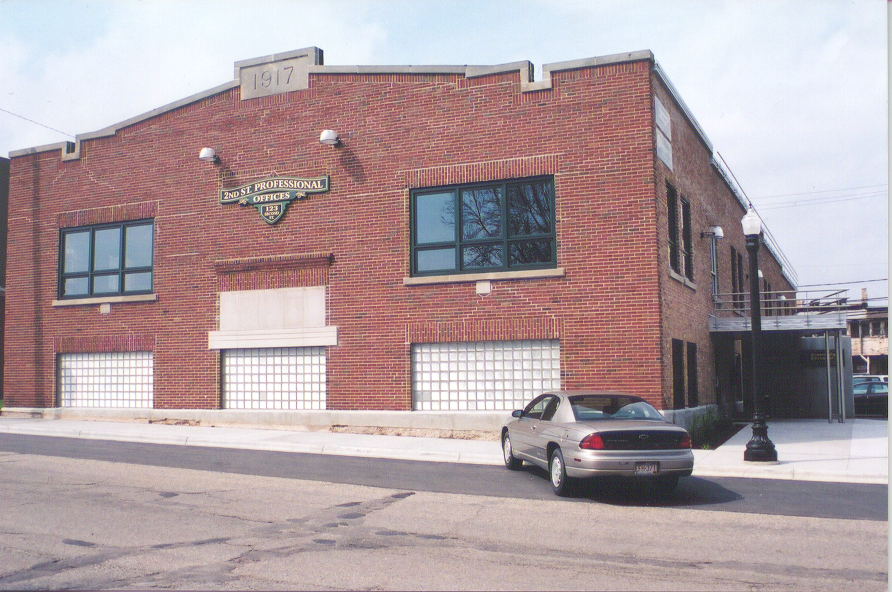
New Challenges and Innovations
The new millennium brought new challenges and innovations to public accounting. The Enron scandal and subsequent regulatory changes through the Sarbanes-Oxley Act highlighted the importance of corporate governance and ethical practices. The introduction of cloud computing and software-as-a-service (SaaS) solutions revolutionized accounting practices. Pop culture highlights of this decade include the launch of the Harry Potter film series, the rise of YouTube, and groundbreaking films like “The Dark Knight.”
Logo Evolution
Wegner & Associates Certified Public Accountants is rebranded to Wegner LLP CPAs & Consultants and a new logo is developed.

Scott Haumersen Named Managing Partner
Scott Haumersen joined the partnership in 1991 and served as managing partner from 2002-2012
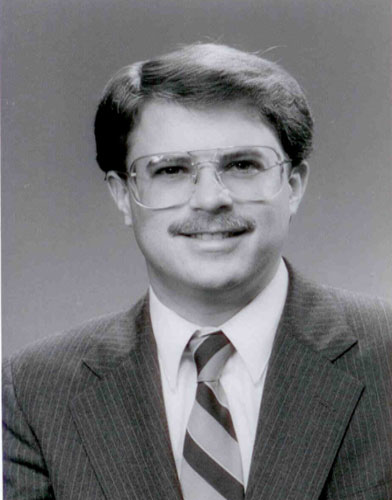
Dale Kunin Merger
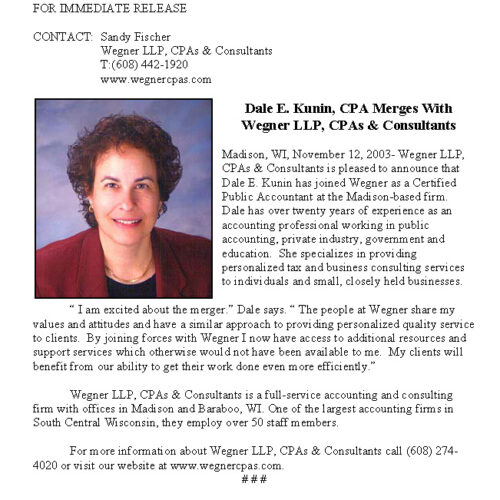
Walt Smith Merger
The firm of Walt Smith merges with Wegner CPAs.
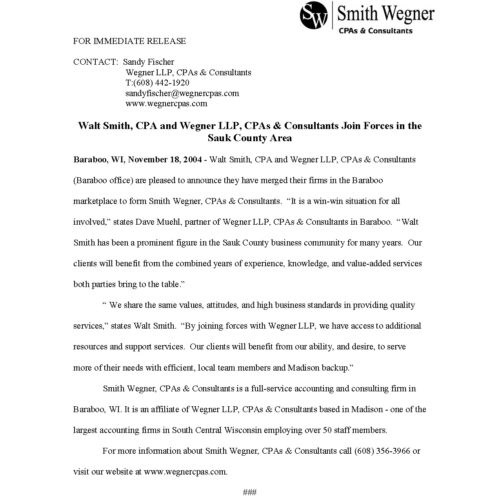
CPAmerica Membership
Wegner CPAs joins as an independently owned and operated member firm of CPAmerica, Inc., one of the largest associations of CPA firms in the United States. Through our affiliation, we have instant access to the expertise and resources of more than 4,000 professionals and more than 700 partners.
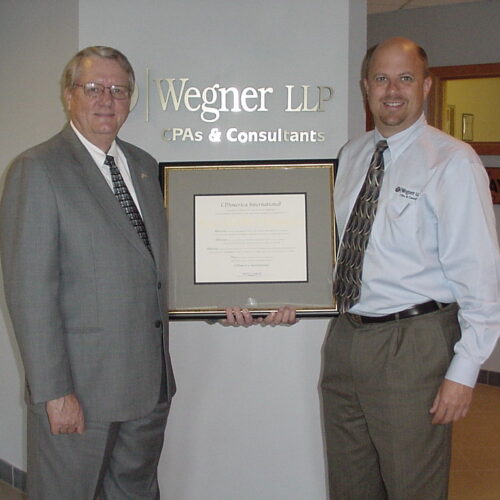
Core Values
Wegner CPAs define their core values as a set of shared values that guide each of our actions and behaviors. Our values continue to define and influence the way we work, interact with our colleagues, and serve our clients to the present day.
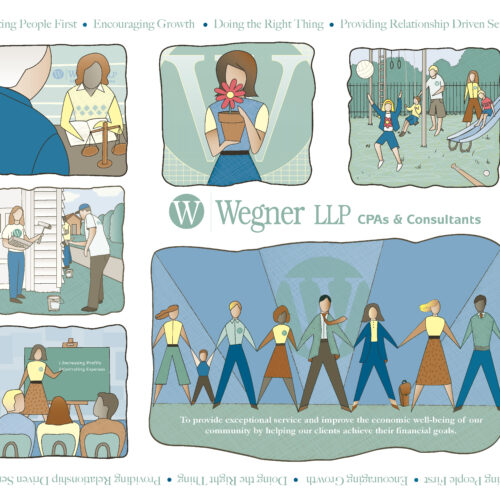
The Age of Digital Transformation
The 2010s were marked by rapid digital transformation and increased emphasis on sustainability in public accounting. The rise of big data analytics, cloud computing, and blockchain technology significantly transformed the industry. The AICPA launched the Financial Reporting Framework for SMEs, providing a simplified approach for private companies. Enhanced cybersecurity measures became essential as digital threats grew. Major cultural moments included the rise of the Marvel Cinematic Universe and the global success of “Game of Thrones.”
Logo Evolution
Wegner LLP CPAs & Consultants is rebranded to Wegner CPAs and a new logo and color scheme are developed.

Janesville Office

New York and Washington DC
New office locations are opened in New York, New York, and Washington, DC.

Glenn Miller Named Managing Partner
Glenn Miller joined the partnership in 2002 and has served as Managing Partner from 2013 to the present.
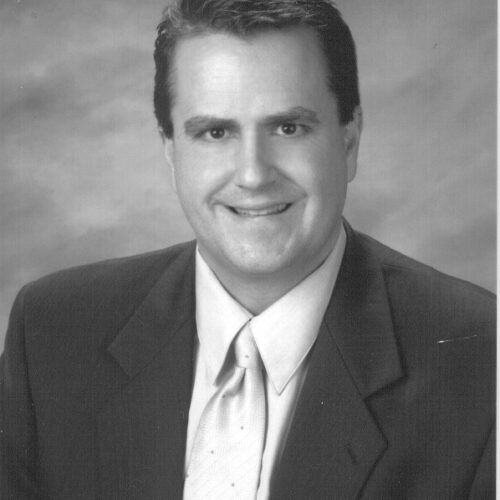
New Madison Headquarters

Filter CPA Merger

Navigating New Realities
The early 2020s have been a period of adaptation and resilience for public accounting, marked by the COVID-19 pandemic and significant advancements in technology. The rise of ESG reporting emphasizes the importance of non-financial disclosures, while advanced cybersecurity measures protect sensitive financial data. Significant global events include the rise of remote work, SpaceX’s advancements in space travel, and breakthroughs in quantum computing. Culturally, this period has seen the success of films like “Parasite” and “Barbie,” alongside major sporting events like the Tokyo Olympics.
Hybrid Culture Begins
The pandemic had major effects on how we do business. For Wegner CPAs, this meant a transition from traditional in-person office spaces to a largely remote workforce and many new opportunities for remote accounting jobs.

Janesville Office

Logo Evolution
Wegner CPAs colors are updated and messaging evolves to reflect the modern brand.
75th Anniversary
- 75 years
- 7 office locations
- 178 employees
- 17 partners
- 13 different states where we have employees working
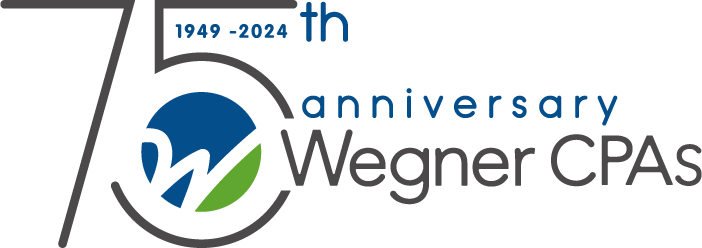
Top Workplace USA and Top Workplace Madison
Wegner CPAs is voted Top Workplace USA and Top Workplace Madison for the 4th consecutive year.


Talk to an Expert
Get in touch
View All Services
Going far beyond the standard accounting and tax services, our CPAs specialize in several industry areas and are in tune with the opportunities and challenges faced by each.
Find Out More
Insights
We are committed to providing you with the tools you need to make sound decisions every day. Check out our extensive mix of educational resources, and please contact us should you need any help finding the answers to your questions.
Learn more
